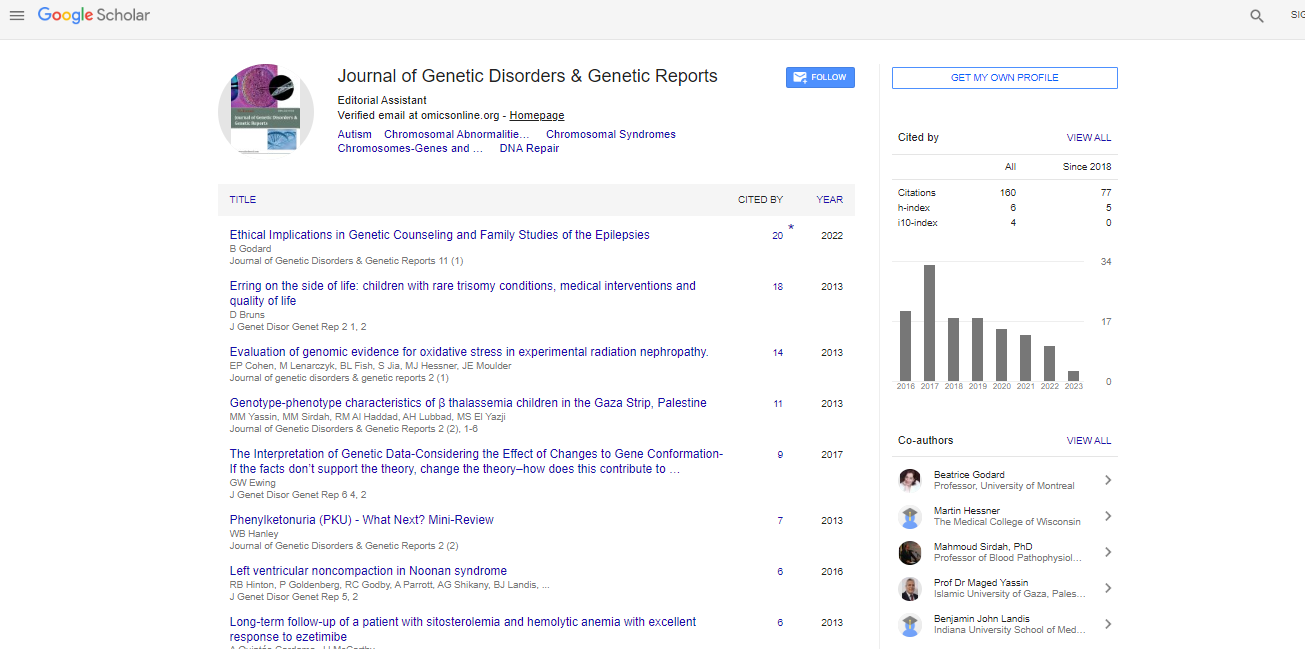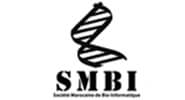Research Article, J Genet Disor Genet Rep Vol: 7 Issue: 1
TLR4 and NOD2/CARD15 Polymorphisms and Their Association with Dietary Factors in Colorectal Cancer
Omrane I1*, Baroudi O1, Medimegh I1, Ayari H1, Kourda N2, Mezlini A3 and Benammar-Elgaaied A1
1Laboratoire de Génétique Immunologie et Pathologie Humaine, Faculté des Sciences de Tunis, Université de Tunis EL MANAR, Tunisie
2Service d’anatomie et de cytologie pathologique de l’Hôpital Charles Nicolle de Tunis, Tunisie
3Service d’oncologie médicale de l’institut Salah Azaiez de Tunis, Tunisie
*Corresponding Author : Inés Omrane
Laboratoire de Génétique I mmunologie et Pathologie Humaine, Faculté des Sciences de Tunis El MANAR, Université EL MANAR, campus universitaire, Tunis 2092, Tunisie
Tel: +( 216) 20618547
E-mail: inesomrane@hotmail.fr
Received: March 20, 2018 Accepted: April 19, 2018 Published: April 26, 2018
Citation: Omrane I, Baroudi O, Medimegh I, Ayari H, Kourda N (2018) TLR4 and NOD2/CARD15 Polymorphisms and their Association with Dietary Factors in Colorectal Cancer. J Genet Disor Genet Rep 7:1. doi: 10.4172/2327-5790.1000168
Abstract
Epigenetic and genetic factors affect the incidence of colorectal cancer. Intestinal bacteria have been implicated in diet-induced obesity and inflammation. TLR4 and NOD2/CARD15 that play a crucial role in immunity have been implicated in signal transduction events induced by bacterial antigens. Here, we investigated the combined effect of epigenetic and genetic factors with occurrence of colorectal cancer in Tunisian population. We aimed to investigate interaction between polymorphisms in innate immunity genes TLR4 D299G/T399I and NOD2/CARD15 3020insC and dietary factors in colorectal cancer. Methods: This study involved 101 patients with colorectal cancer and 140 healthy controls. The association was analyzed by statistical tools. We observed a protective effect between a low consumption of cheese and butter and TLR4 T399I polymorphism on colorectal cancer incidence. We also showed that TLR4 D299G polymorphism associate to a higher consumption of tea and cheese and to low consumption of fruits increases the occurrence of CRC. We found no significant association between NOD2/CAR15 polymorphism and dietary products on CRC risk. Finally, we found a positive interaction between TLR4 mutated genotypes and a higher consumption of cheese and butter in patients with colorectal cancer. These results suggest interactions between dietary factors and innate immunity genes polymorphisms are involved in colorectal cancer risk.
 Spanish
Spanish  Chinese
Chinese  Russian
Russian  German
German  French
French  Japanese
Japanese  Portuguese
Portuguese  Hindi
Hindi 



